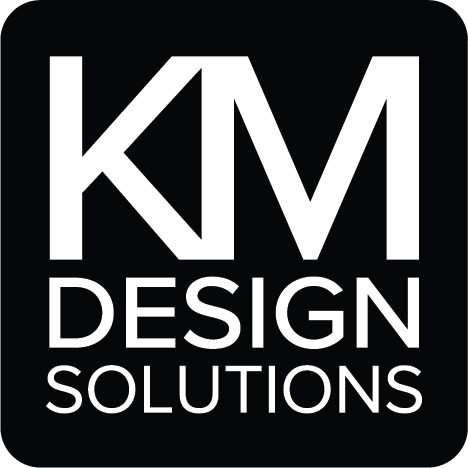Commercial Auto vs. Business Use of Personal Vehicle Insurance: What’s the Difference?
- Kim Martin

- Nov 2, 2021
- 4 min read
Updated: Sep 13, 2022
Commercial Auto vs. Business Use of Personal Vehicle Insurance: What’s the Difference?

As a small business owner, you probably rely on your employees to run work-related errands, like taking a check to the bank or delivering an invoice to a client. You may not think much of this practice—after all, your employees have personal car insurance. What you may not realize is that your employee and your business could end up dragged into a lawsuit if an accident occurs during work hours.
Keep reading to learn why you may need business use of personal vehicle insurance on top of your commercial auto insurance to protect your business.
When Do You Need Business Car Insurance?
The answer to this question seems like it would be straightforward. If your business owns vehicles and your employees drive them for work, you need auto insurance—that’s a no-brainer. However, just because you don’t own company vehicles doesn’t mean you don’t need auto insurance, and many business owners learn this the hard way.
Even if your employees have personal auto insurance, your business may be liable if they get into a car accident while using their vehicle for work. Individual auto insurance coverage only goes so far, especially if your employees carry the minimum limits required in your state.
Let’s say your office administrator gets into a serious car accident while running a work errand, totaling the other driver’s car and injuring them and two passengers. Your employee’s auto policy has a $50,000 bodily injury limit, but the injured passengers racked up nearly $100,000 in medical bills. Because your employee was working when the accident happened, the other party decides to sue your business for the remaining amount. Without insurance, you would have to pay that amount out of pocket.
As a result, if your employees drive for work purposes—regardless of the vehicle they use—you probably need business car insurance to protect your risks.
Understanding Business Auto Coverages
There are two types of business auto coverage that your company might need: commercial auto coverage and hired and non-owned coverage. Here’s what you need to know about both.
Commercial Auto Coverage
Commercial auto insurance coverage provides financial protection to your business if you own company cars. This policy type, which most states require, usually includes auto liability coverage, uninsured and underinsured motorists coverage, and comprehensive and collision coverage.
Auto liability coverage covers property damage and injuries to other drivers and passengers involved in an accident with your vehicle when you’re at fault. If you’re not at fault, but the other driver can’t pay for the damage they caused, uninsured and underinsured motorists coverage helps cover your expenses. Your policy usually also pays a certain amount for property damage to your vehicle caused by natural disasters, vandalism, or collisions with other objects.
Your commercial auto policy only covers specified vehicles. If you or your employees drive personal vehicles or rental cars for work, you need an additional coverage type: hired and non-owned auto (HNOA) coverage.
Hired and Non-Owned Auto Coverage (Use of Personal Vehicle for Business Purposes)
Your employees’ auto policies may cover them during business hours, but that coverage probably isn’t sufficient to cover your risks. Business auto policies often have liability limits of $1 million and higher, whereas personal auto policies may cover as little as $30,000 per accident, depending on your state. To protect your business when your employees’ limits are exhausted, you need non-owned auto coverage, which pays for lawsuit costs and the other party’s property damage and injuries.
In addition to personal vehicles, hired and non-owned coverage protects your financial interests if you use a rental car for business purposes. Any business that uses a personal or rental vehicle for business purposes, even sparingly, can benefit from this coverage.
Insurance companies often allow you to add HNOA coverage to your general liability or business owner’s policy if you don’t own any company vehicles. You can also combine commercial auto and HNOA coverage in a business auto insurance policy.
Every time an employee uses a personal vehicle for business purposes, your company is at risk. Protect your business today with an HNOA policy from Southpoint.
Do You Need Commercial Auto Insurance? Turn to Southpoint
The road is one of the riskiest places for your company. One auto accident can snowball into a drawn-out legal battle involving your employee and business. Without the right liability insurance, you could end up paying thousands of dollars to defend your business. Don’t jeopardize your financial security—let Southpoint find the perfect auto insurance for your business.
As an independent insurance agency, we always keep our clients’ best interests in mind. Our experienced team members gather insurance quotes from the most renowned carriers in the country, so you get the best coverage at the most affordable price.
Whether you want to save money on your commercial auto insurance or add business use of personal vehicle insurance to your existing policy, our team can help. Get in touch today to learn more about our business auto insurance options.





Comments